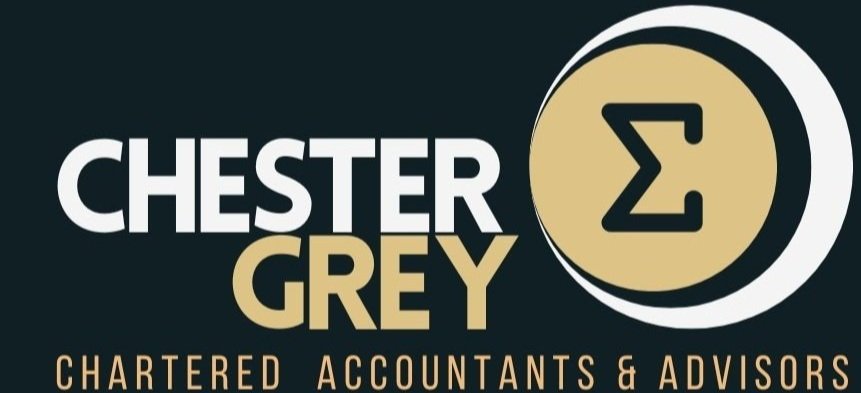IRD News
Debt Management
IRD is shifting its strategy to tackle growing tax debt which now sits at 7.7% of total tax revenue
The department will focus on:
Supporting customers to return to compliance
Using analytics to guide interventions
Treating taxpayers with respect and transparency
Making tough decisions when necessary, including liquidations
A recent campaign also recovered $10 million from Small Business Cashflow Scheme (SBCS) defaulters, with 27,000 businesses currently in default.
IRD changes to sharing information about unpaid tax
IRD have made changes to how they share information about unpaid tax (credit reporting) to a credit agency.
Credit reporting was introduced in 2017 to encourage tax compliance and improve the visibility of significant tax debt. IRD share information about unpaid tax with one approved credit reporting agency, Centrix. This affects a business’s credit rating.
To credit report a business, the following criteria must be met:
The debt is over $150,000 or has been unpaid for a year and equals 30% or more of the company’s assessable income.
IRD have made 'reasonable efforts' to collect the debt.
The business was 'formally notified' 30 days before it was credit reported.
What’s changing
From 13 October, IRD are running a pilot where selected businesses will be formally notified of their outstanding debt. If they do not take positive action - such as setting up an instalment arrangement - they will be credit reported.
Businesses will have 30 days to respond before any credit reporting takes place.
The formal notification (Notice of Intent) will appear in the company’s myIR account on the day that the notification is couriered to the company’s registered office. The 30-day response period starts from the date the notification is delivered to the registered office.
'Reasonable efforts' now include IRD sending their standard overdue reminders and options for repayment, but the business has not yet engaged with IRD.
'Formal notification' to the company is now sufficient - not all individual directors will be notified.
CG Comment: If you have an IRD debt issue contact us as we can assist you in liaising with IRD to ensure that your debt does not create problems for you down the line. Ideally before your debt affects your credit rating or your relationships with your suppliers or customers.
There are two sides to this coin – you can complete a credit check on new customer account applications and new supplier arrangements which can protect your business from becoming collateral damage should a business go under.
Tertiary Final-Year Fees Free
IRD is now responsible for supporting tertiary learners with final-year Fees Free information, assessing learner eligibility and paying entitlements
Final-year Fees Free covers fees for the final year of study or final two years of work-based learning, up to $12,000. This aims to motivate learners to complete their qualification or programme and reduce the overall cost of their study or work-based learning.
Learners can only get Fees Free once. Usually, they can only get Fees Free if they are starting study or work-based learning for the first time, but there are some exceptions.
Learners enrol for study or work-based learning and pay their fees. They can apply for Fees Free after they have completed their qualification or programme.
Learners can apply for Fees Free in myIR from 15 January 2026.
Link to more information about Final Year Fees Free
The prior system – First-year Fees Free – finished on 31 December 2024. It was managed by the Tertiary Education Commission (TEC).
Learners should contact the TEC if they have questions about first-year Fees Free.



